Technology allows a panel of urologists and oncologists to provide the most up to date treatment for every single person with testicular cancer at Kaiser Permanente Northern California. Pictured, Joseph Presti, MD, and Andrea Harzstark, MD.
Cancer of the testes is considered a “rare” disease, occurring in fewer than 10,000 men between 15 and 40 years old in the United States annually.
About 150 of those cases are diagnosed across Kaiser Permanente’s Northern California Region. The cancer is so rare that each of the region’s urologists may diagnose just 1 case in any given year. That doesn’t mean the disease is any less devastating to those who have it.
Now urologists and medical oncologists in Northern California have teamed up to ensure that they are all providing consistent, expert care for every single case of testicular cancer.
The effort began in 2016, when medical oncologist Andrea Harzstark, MD, and urologist Joseph Presti, MD, both based at the Kaiser Permanente Oakland Medical Center, spearheaded the establishment of a regional multidisciplinary Testicular Cancer Review Panel, which convenes 4 urologic and medical oncology specialists twice a month to review new cases.
“We are identifying patients as quickly as we can to make sure they are all on the right treatment path,” Dr. Harzstark said.
During its first year, the panel reviewed 131 new diagnoses, according to research presented by Drs. Harzstark and Presti earlier this year. The panel requested the re-review of pathology or radiology in 20 percent of the cases.
“I was on the phone with the mom of a patient, and she said, ‘I cannot tell you how comforted I am to hear that a panel of experts has reviewed my son’s case,’” Dr. Presti said.
Research and Technology Make Panel Possible
Drs. Harzstark and Presti received critical assistance to form the review panel from Lisa Herrinton, PhD, research scientist at the Kaiser Permanente Division of Research, and Yi-Fen (Irene) Chen, MD, associate executive director of The Permanente Medical Group (TPMG).
First, Dr. Herrinton used an analytical technique called natural language processing in Kaiser Permanente’s comprehensive electronic medical record, KP HealthConnect, to create spreadsheets of all new and ongoing testicular cancer cases, called a miniregistry.
“We were able to quickly give the testicular cancer panel the analytical tools so they could design a mini-registry that was exactly what they needed,” said Herrinton, whose team has created about 20 such miniregistries for other rare diseases, such as melanoma and sickle-cell anemia.
Then Dr. Chen’s System X team — a multidisciplinary group of TPMG technology, health care, and quality leaders — piloted a powerful new clinical tool in KP HealthConnect, which allows the panel to access the complete lists of testicular cancer patients at all stages of treatment.
“Think of it as a spreadsheet on steroids,” Dr. Chen said. “We are supporting clinicians with very powerful system tools with dynamic data that allow them to efficiently and effectively take actions to close the care gap.”
With access to the tool, members of the panel can ensure that all appropriate follow-up imaging and laboratory tests are being done in a timely manner, specific to the type and stage of the testicular cancer.
Mark St. Lezin, MD, chair of chiefs of Urology for Kaiser Permanente Northern California, said the review panel “puts together true national experts who determine what is ideal care and use a marvelous computer system that assures that every man gets consistent, expert-level care.”
“That means a young man avoids chemo he doesn’t need, or gets the chemo that may prevent recurrence.”
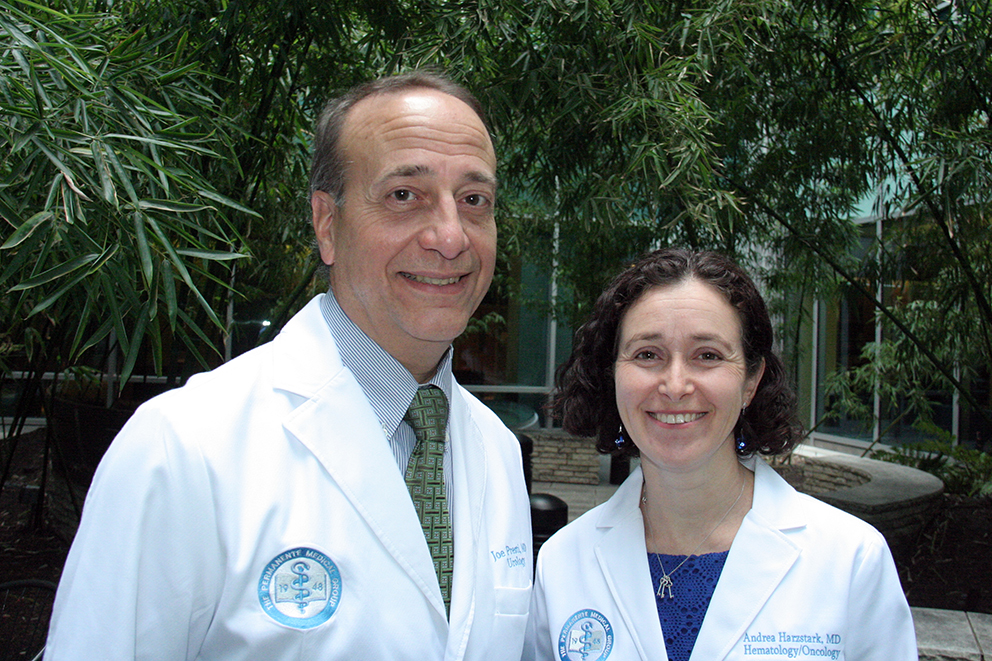
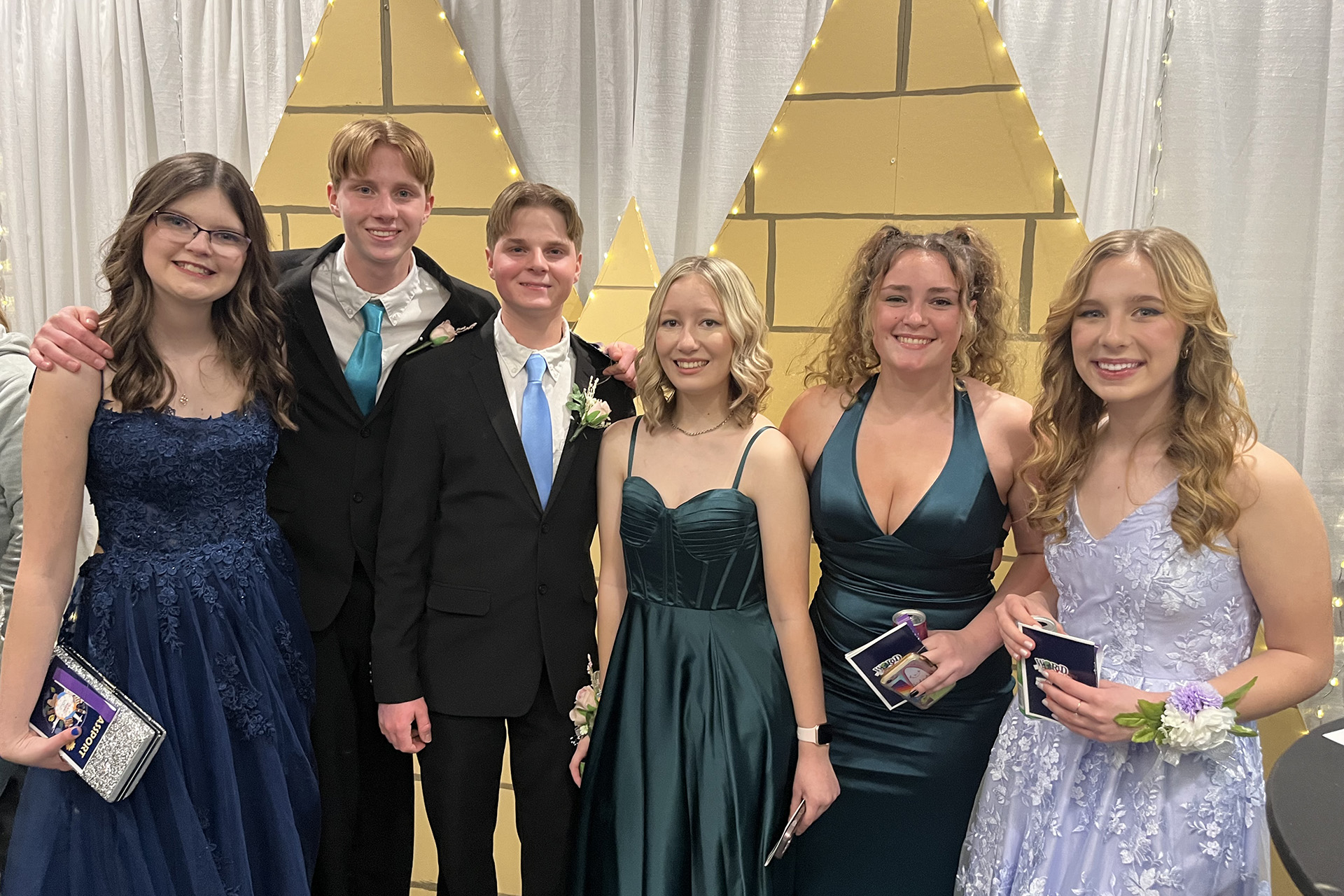
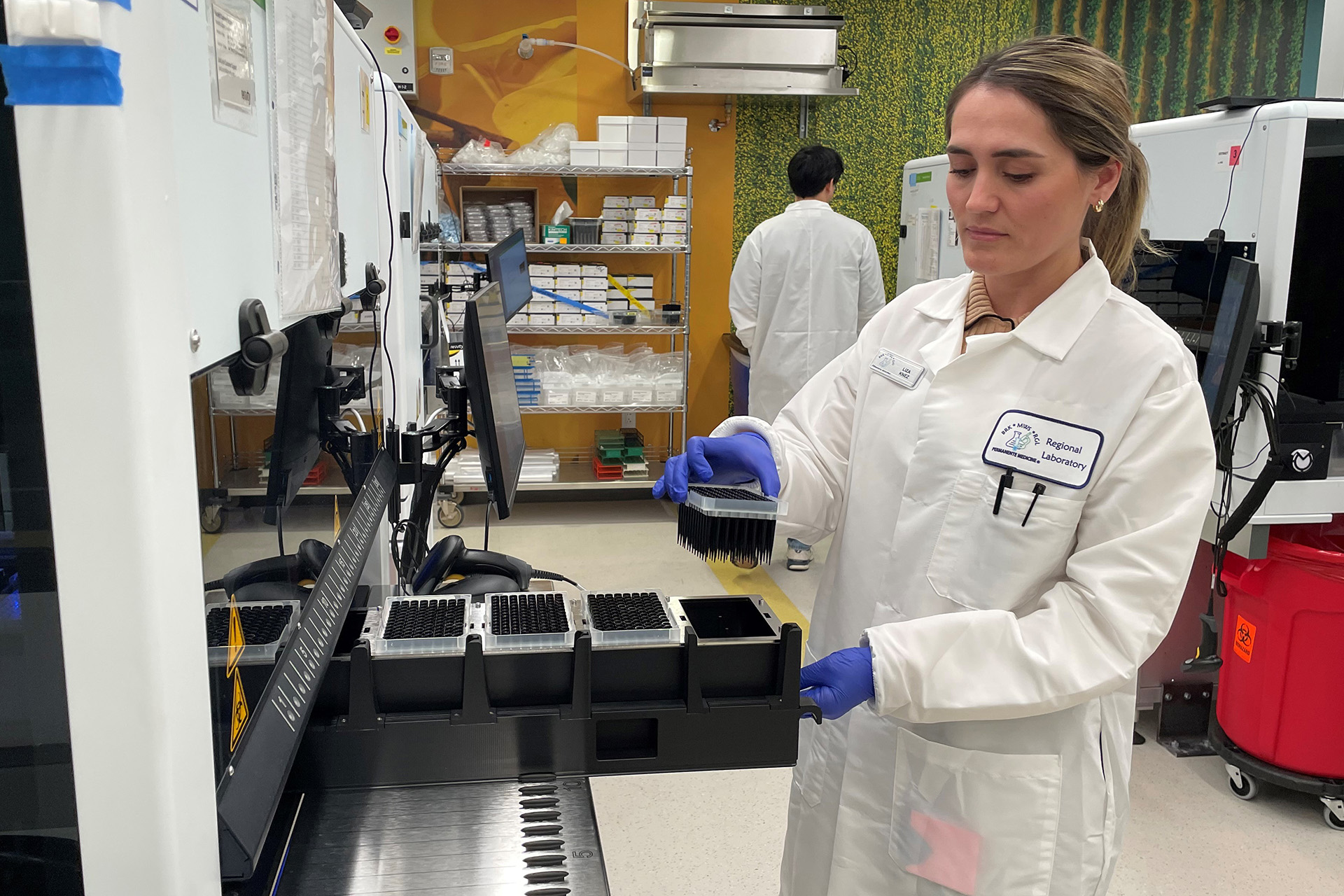
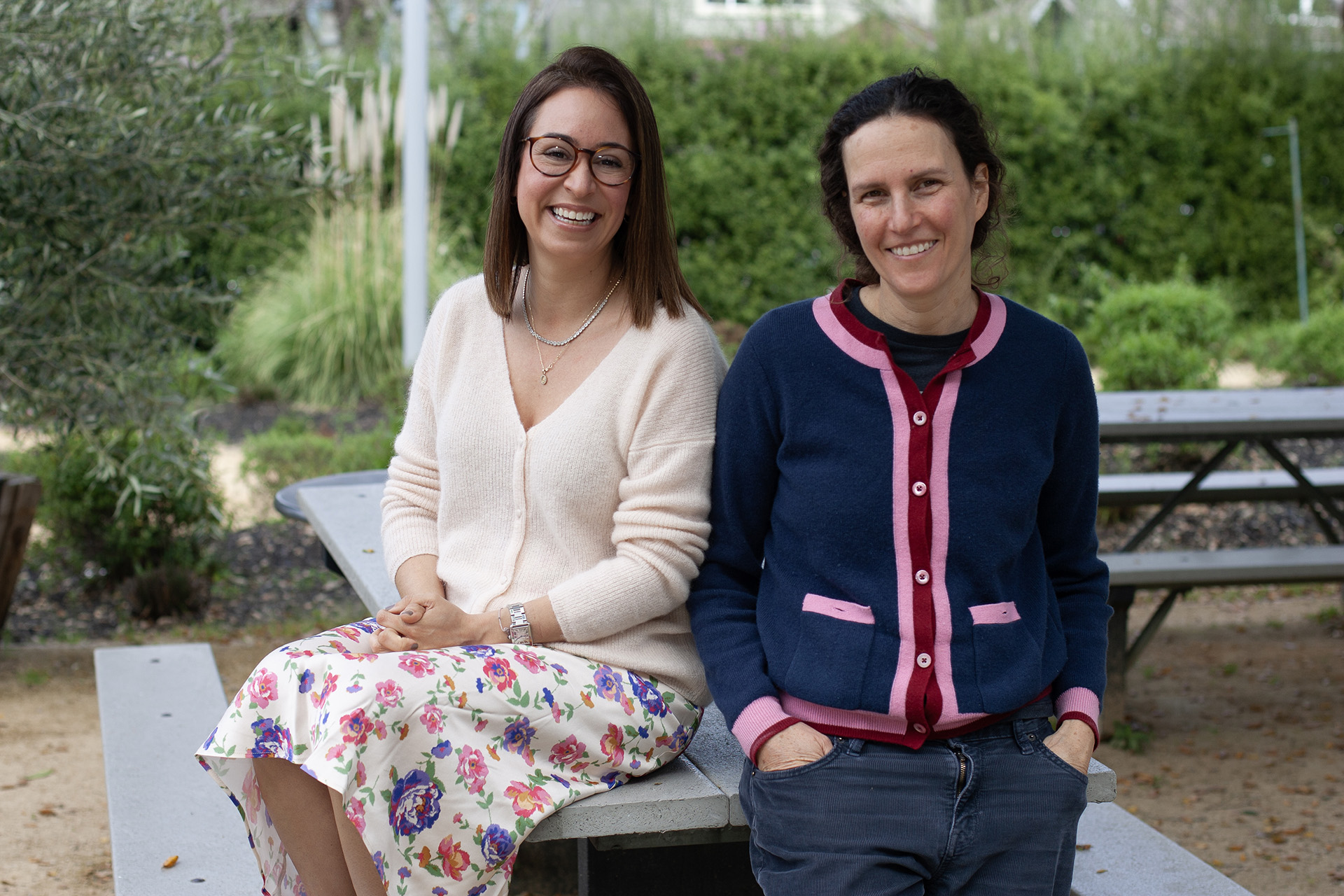
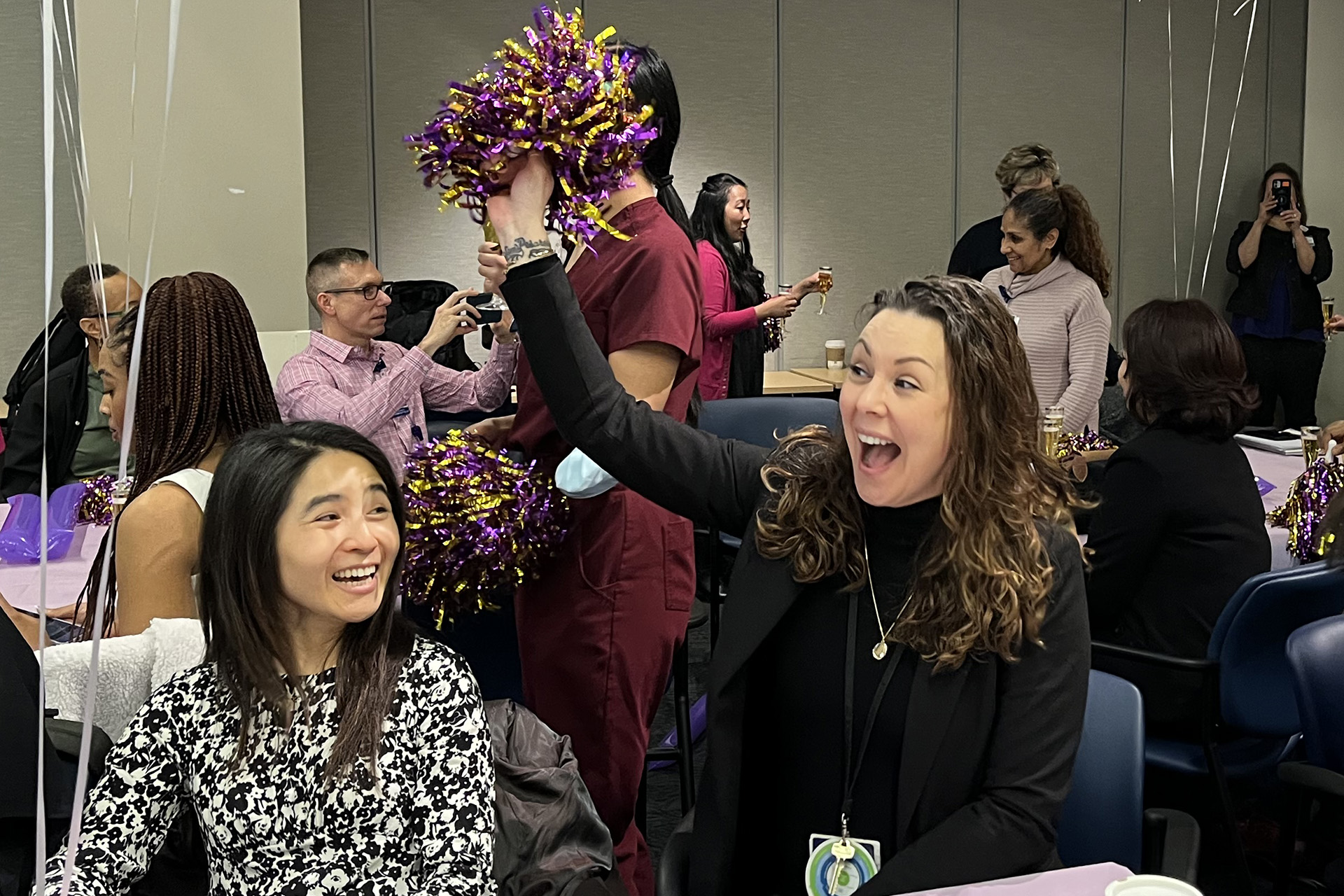
This Post Has 4 Comments
Do they offer similar tracking for rare cancers particular to women?
All rare ovarian cancers in adults, including germ-cell ovarian cancers (the female counterpart to testicular cancer) are presented at our regional case conference, which is a multidisciplinary conference of medical oncologists specialized in gynecological cancers, radiation oncologists specialized in gynecological cancers, and gynecologic oncologists. We review the pathology, imaging, and clinical data to formulate a treatment plan.
However, since the overwhelming majority of malignant ovarian germ-cell tumors happen in young girls/adolescents, the treatment and follow-up of these is handled by pediatric oncology. The majority of these girls are enrolled in clinical trials and their follow-up is usually very specific, as it’s dictated by the trial.
Betty Suh-Burgmann, MD, chair of gynecological oncology, Kaiser Permanente Northern California
This is interesting, as my brother died from the disease back in 1976, and that it’s being referred to as rare. I believe the disease is not as rare as the article states, as I started hearing about cases more and more as the years progressed. Of course, the treatments and detection at the time were not as successful as they are now, and he had one of the best oncologists in the area. Unfortunately, by the time they discovered he had it, it was already in his lungs and at age 16 he only survived a year.
This is great! I am a 13-year testicular cancer survivor. I received excellent care, from my urologist to my radiation oncologist, and I wish this was around then. Thank you, Joseph Presti, MD, and Andrea Harzstark, MD, for your wonderful work.